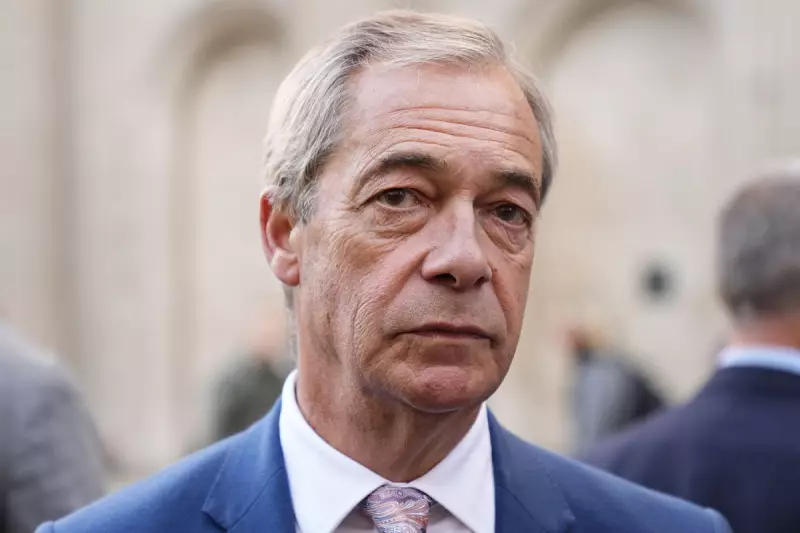
Nigel Farage has launched a scathing assault on Sir Keir Starmer's Labour Party, accusing them of staggering hypocrisy over their NHS reform agenda. The Reform UK leader's furious response came after shadow health secretary Wes Streeting made controversial remarks about the Scottish NHS during a Scottish Labour conference speech.
The political firestorm erupted when Mr Streeting declared that Scottish Labour would be "the party of the NHS" in Scotland, while simultaneously criticising the service's performance under the SNP government. He claimed the Scottish NHS needed "reform not extra money" - comments that immediately drew Farage's ire.
"Breathtaking Hypocrisy" Claims Farage
In a blistering counter-attack, Farage lambasted what he called Labour's "breathtaking hypocrisy." The Brexit architect accused Starmer's party of attempting to position themselves as defenders of the health service while simultaneously planning sweeping reforms that could dramatically change how the NHS operates.
"They want to have it both ways," Farage declared. "On one hand, they're wrapping themselves in the NHS flag, while on the other, they're plotting the kind of reforms that would make many traditional Labour supporters deeply uncomfortable."
Scottish NHS Becomes Political Battleground
The confrontation highlights how the NHS in Scotland has become a key political battleground ahead of the next general election. With both Labour and the Conservatives seeking to make healthcare a central campaign issue, Reform UK's intervention adds another volatile element to an already heated debate.
Mr Streeting's comments in Glasgow revealed Labour's delicate balancing act - needing to criticise the SNP's management of health services while avoiding the appearance of attacking the NHS itself. His assertion that "reform not extra money" was needed struck many as unusually blunt for a Labour frontbencher.
Healthcare Reform Takes Centre Stage
This explosive exchange signals that NHS reform will likely feature prominently in upcoming election campaigns across Britain. With waiting lists at record levels and staff morale under pressure, all parties are grappling with how to address the health service's challenges without alienating voters.
Farage's decision to personally intervene suggests Reform UK sees healthcare as a potential wedge issue where they can gain traction against both Conservative and Labour positions. The party appears poised to position itself as defending the NHS against what they characterise as establishment parties' reform agendas.
As the political temperature rises, voters can expect more fierce clashes over the future of Britain's most beloved institution in the coming months.






